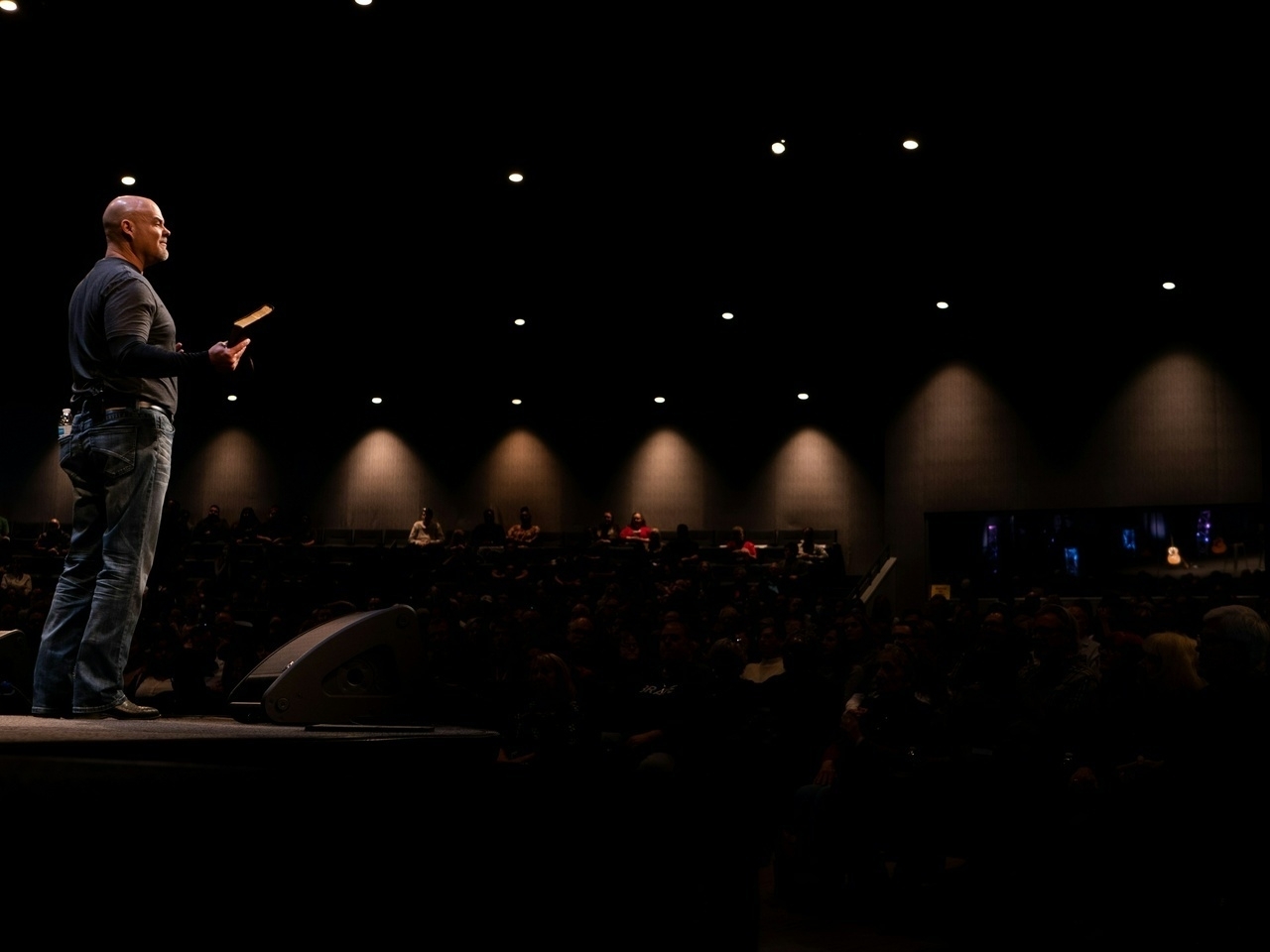Psalm 102:12-28; Job 6:1-13; Mark 3:7-12

Each morning I share a little morning blessing in my social streams. Nothing big, just a little something that runs through my mind. This morning I shared, “may you choose to be content despite your circumstances.” With this being a Wednesday we can often find ourselves buried by details and tasks. It can be really hard to be content.
But, there's also a bigger picture beyond the small every day stuff. Some of us find ourselves in these difficult situations where it feels like the whole world is closing in on us. Some of it is due to our own decision making and some of it is due to things beyond our control.
Often times when we find ourselves in these situations we turn to God out of desperation.
Like Job we wonder why hasn't God done the things we want him to do on our behalf.
The arrows of God Almighty are in me, poison arrows—and I’m poisoned all through! God has dumped the whole works on me. Donkeys bray and cows moo when they run out of pasture— so don’t expect me to keep quiet in this. Do you see what God has dished out for me? It’s enough to turn anyone’s stomach! Everything in me is repulsed by it— it makes me sick.
Yet, more often than not I wonder if we are really more like the crowds chasing Jesus around. The people who have experienced God's provision and then demand more.
He had healed many people, and now everyone who had something >wrong was pushing and shoving to get near and touch him.
God is not a vending machine that we can drop a quarter into and get something in return. It's just not how things work. No, God relates to us. God engages with us. God is calling and drawing us in deeper beyond our wants and desires.
There are times when we will walk through difficult things. It's parf of living in this imperfect world amongst imperfect people. There is sickness, mental and physical, there are natural disasters, there are things well out of our control.
Sometimes we have to face the consequences of our decisions.
Sometimes we experience the consequences of other people's decisions.
Sometimes we find immediate healing and relief.
Sometimes we have to learn contentment in the midst of our circumstances.
If you're anything like me when I'm facing the hard stuff I want to know why God doesn't answer my fervent prayer to fix it and fix it now. Then, sometime later I see how the plan worked itself out and see God's hand in it.
As C.S. Lews writes about Aslan in the The Lion, the Witch, and the Wardrobe,
“Aslan is a lion- the Lion, the great Lion.” “ Ooh” said Susan. “I'd thought he was a man. Is he-quite safe? I shall >feel rather nervous about meeting a lion”... “Safe?” said Mr Beaver ...“Who said anything about safe? 'Course he >isn't safe. But he's good. He's the King, I tell you.”
I love this picture of Aslan. He isn't safe but he is good. In our home we talk often of God being sovereign and good. We can trust God because God is in control and is good. This helps us find contentment in the midst of circumstances.
No, God is not a vending machine. God works in God's ways on God's own timing. I'm learning to be content with that.
—
If you made it this far, thank you for reading! If you found this helpful, insightful, interesting, or even just kind of average, would you please share it with your social feed?
If you aren't receiving these posts in your inbox please subscribe right here:




